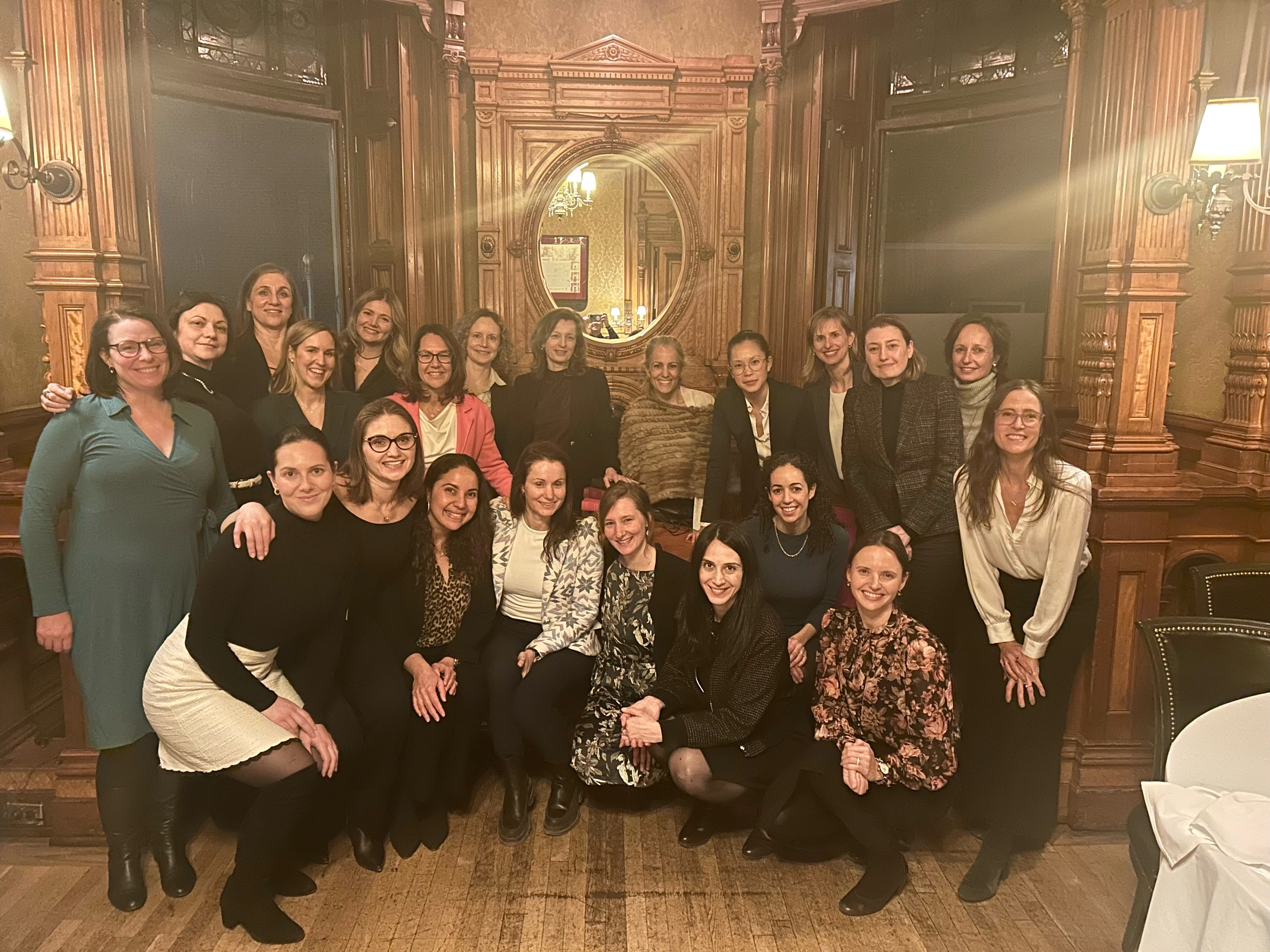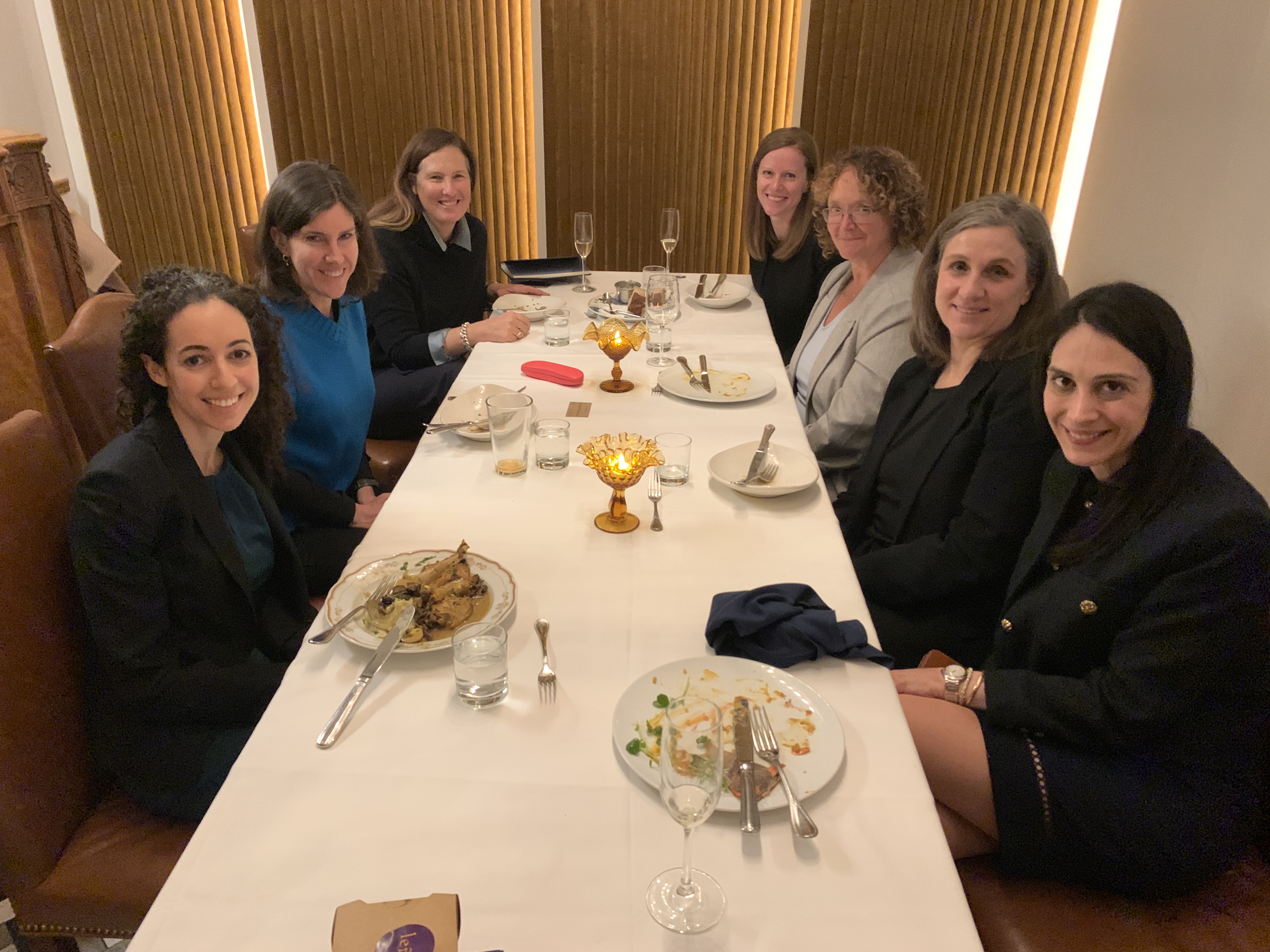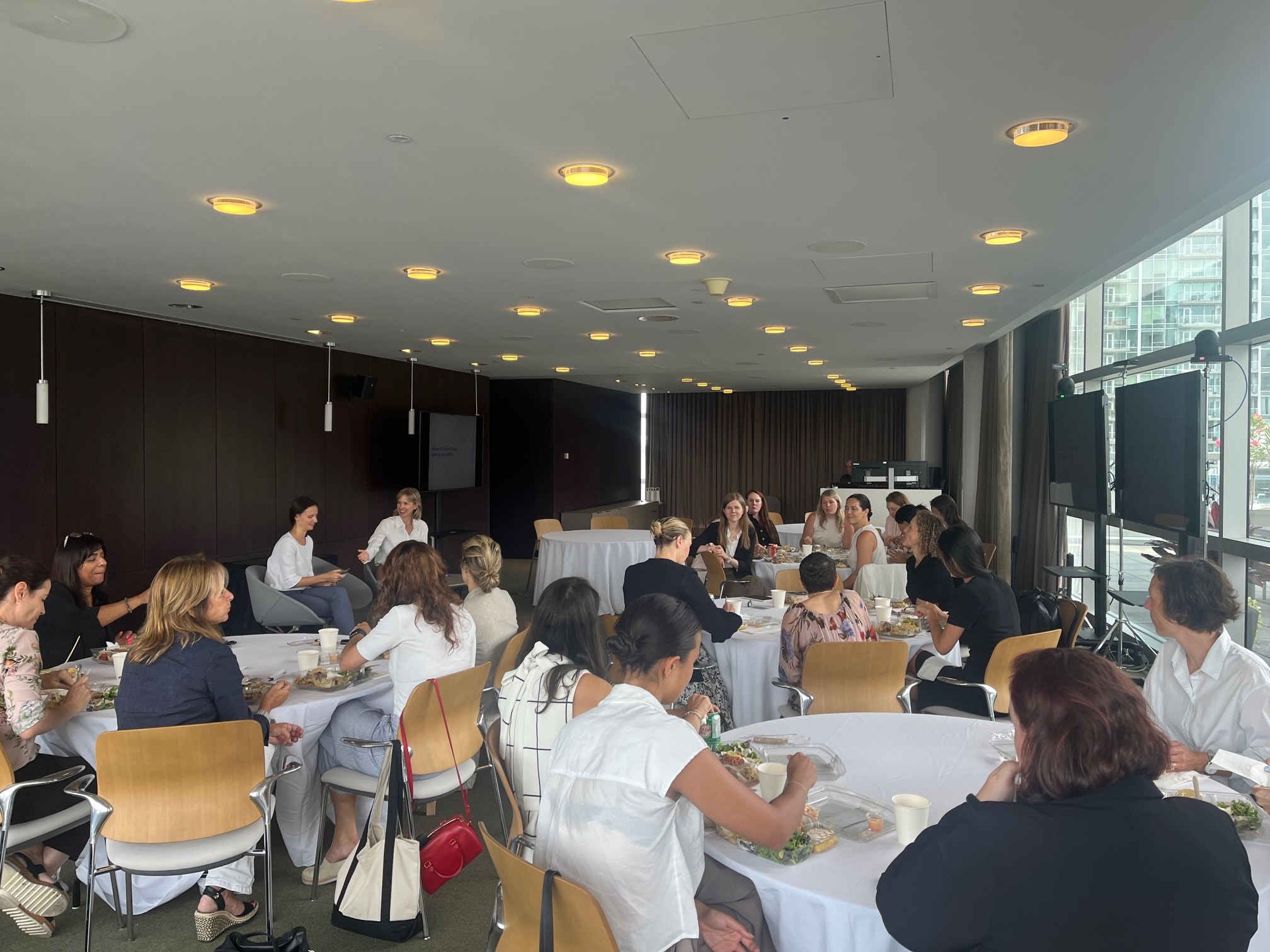WCF Shows That a Woman’s Climate Finance Sector Work is Never Done
Projects Sponsor
Women in Climate Finance’s (WCF) mission is to move the dial in providing financial solutions to the climate crisis by creating a space for women around the globe to develop trusted relationships, learn, innovate, share, and experience transformative collaboration and personal development in the field of climate finance.
Climate change and gender equality are not distinct issues – they are highly correlated and solutions are mutually reinforcing. Catalyzing capital for climate solutions requires a collaborative and creative approach as well as concerted action from traditionally competitive and siloed financial sector players.
WCF was formed because its founders recognized (1) a need to rewire the financial system and its modus operandi in order to fight climate change, and (2) that the leadership of women is key to achieving that kind of transformation. WCF is motivated by an evidence-based belief that women are more collaborative and tend to outperform in the space of purpose-driven leadership, especially around climate issues. It was recognized that, as needed as they are in the space, women are significantly under-represented in finance in general, and particularly so in leadership roles. And so, very on-brand, some women took collaborative purpose-driven action.
Getting women leading is key to bringing change to the financial system—change the world needs if we’re going to solve the global climate crisis—and Delia Cristea, Natalie Deschamps, Joanna Klimczak, Catherine Simard and Anne-Marie Volpato got right on the case.
To get things rolling, beginning in 2023, Cristea spent a year conducting close to 100 interviews with women across the globe who are working in climate finance at senior levels, including CEOs and managing partners of fund strategies. She wanted to broadly test the project’s concept and define key challenges both in their leadership and in delivering on their climate mandate.

While WCF set out with the concept of a worldwide organization, allowing for North to South connectivity across the globe, it wisely decided to start locally in Canada and allow the organization to scale in due course. This approach provided a proof of concept and allowed for organic growth built on a local core of trusted relationships – something more difficult to achieve in a wider global setting.
At the same time, the WCF team mapped out the entire ecosystem of similar organizations that address female leadership and/or catalyze climate finance action. It was clear that no group with a similar mandate and strategy existed and that their emerging organization would fill a real need within the climate finance space.
Further defining the vision and the strategy of the organization was facilitated largely in live sessions and through online surveys which included 45 organizations that had expressed an interest in being involved. Ultimately the WCF determined their goals would be to develop a community of support and collaboration for existing and emerging climate finance leaders and to facilitate knowledge sharing and learning on the subjects of global climate solutions, climate finance, etc. They also aimed to encourage cross-sector and cross-country collaboration by liaising with women leaders within the broader climate ecosystem (leads in policy, NGOs and academia), as well as the broader corporate ecosystem, especially in the hard-to-abate sectors. Collaboration includes sharing of investment opportunities, co-creating solutions to gaps in the funding chain, and providing support for members (early-stage investors and startups) looking to scale their operations.
Developing talent in climate finance by forming the next generation of women climate finance leaders through targeted, content-driven, practical workshops and development programs was also made a priority. WCF is working to find a common voice and act as an accelerator of climate action in the financial community and beyond through leadership and through policy action and advocacy (where a new founding member, Flavie Desgagne, plays a leading role).
Ten other women joined the co-founders shortly after launch, acting as leaders in building the organization. WCF is now the common project of all its 80+ members, under the leadership of its founding members.

Already, chapters of the organization have been kickstarted in Montreal, Toronto, and Vancouver, and an online membership platform has been launched where members can connect with each other live to ask for support and share knowledge and opportunities. Live meetings are now held in person and in hybrid mode focused on thematic deep-dives on specific technologies like CCUS, or on the latest policy trends.
WCF has managed to secure collaborations/partnerships with women working in climate in other sectors (policy, corporate, and academia), to ensure proper ecosystem connectivity. Members’ meetings are subject to Chatham House Rules and are by invitation only, extended only to women with a climate finance mandate or women who have a strong desire to create a climate allocation inside their organization. Special events are held to connect with the broader ecosystem under different rules. Participation is limited to individual membership only—no corporate membership allowed—which avoids the potential of a focused, principled organization being used as a mere “greenwashing” tool. The fact that the group aggregates players from the entire financial ecosystem will give it credibility in any public sphere action it intends to take.WCF is the first organization to recognize and tackle the highly correlated nature of climate change and gender equality inside the finance space. It breaks the silos between various allocators and investors who do not normally work together (large crown corps, pension funds and family offices) and brings together all asset classes, from venture to infrastructure and public markets.

By providing a scalable model that can be replicated in any location, with the capacity to “plug into” the existing Canadian network through both online platform and hybrid events, WCF is inspiring the kind of change the fight against climate change so dearly needs. While new on the scene, its potential to form a clear, close-knit community with a transformational voice in policy and leadership in the public space is already abundantly clear.
WCF is already preparing to grow and inspire the next generation of leadership in the sector and has begun exploring the development of a special NextGen group attached to the organization to function within universities, because a woman’s work in the climate finance sector is never done.













